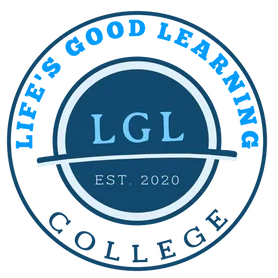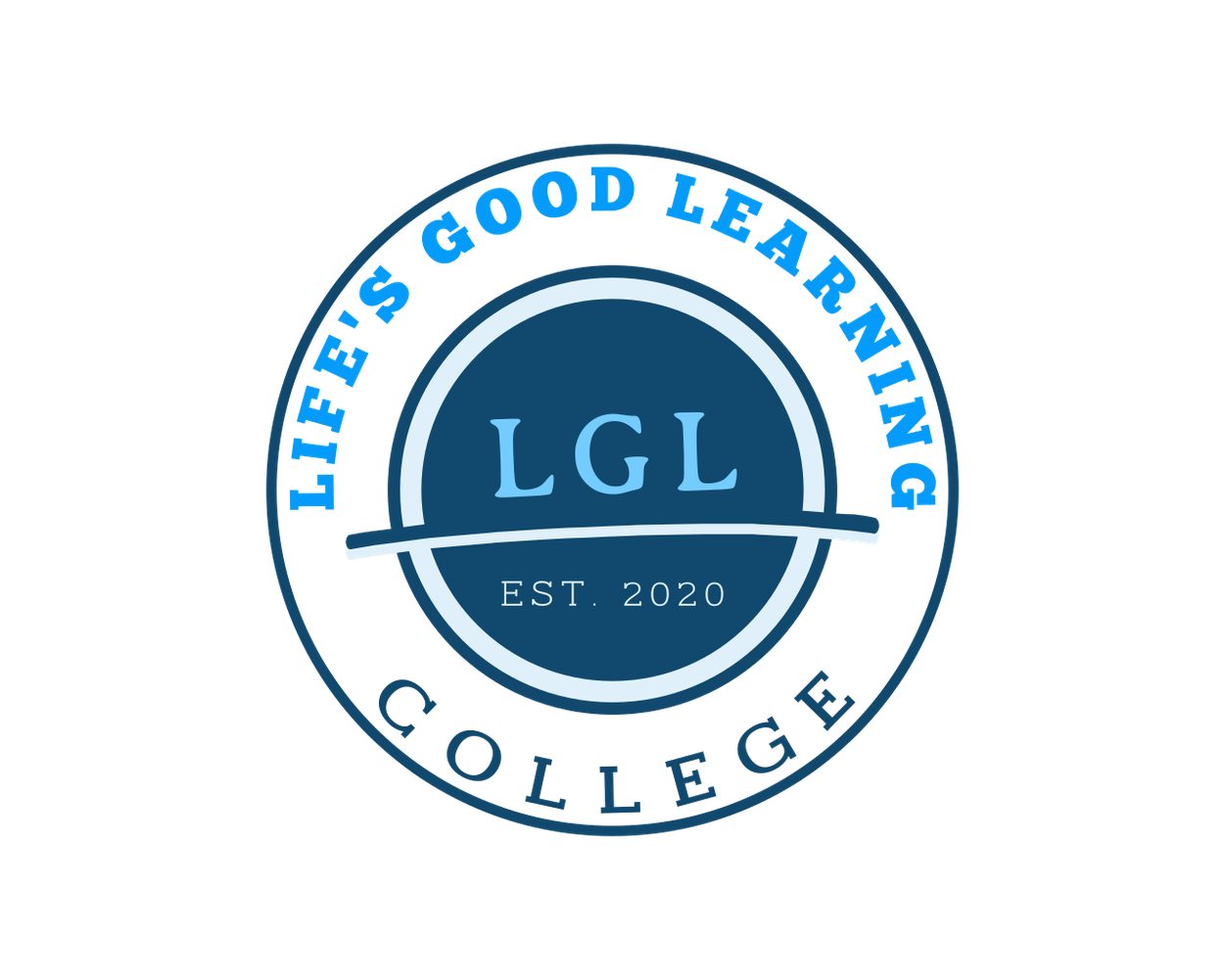
ACLS Certification: Advancing Your Medical Career
Share
In the fast-paced world of healthcare, every second counts—especially when responding to cardiac and respiratory emergencies. For professionals seeking to elevate their ability to act confidently in life-threatening situations, Advanced Cardiovascular Life Support (ACLS) certification is a powerful credential. More than just a training course, ACLS is a career-enhancing qualification that signals advanced competence in critical care response.
ACLS certification equips healthcare providers with the knowledge and skills to manage complex emergencies, such as cardiac arrest, stroke, and acute coronary syndromes. Whether you're a nurse, paramedic, or physician, ACLS builds on your existing skills to prepare you for leadership roles in emergency care. In this guide, we'll explore what ACLS certification involves, who it's for, and how it can help you grow professionally in the ever-demanding field of healthcare.
What Is ACLS Certification?
ACLS stands for Advanced Cardiovascular Life Support. It is a comprehensive training program developed by the American Heart Association (AHA) to prepare healthcare professionals to respond effectively to cardiovascular emergencies. Unlike Basic Life Support (BLS), which focuses on foundational CPR and AED usage, ACLS expands into advanced procedures like ECG interpretation, intravenous drug administration, and coordinated team-based resuscitation.
To earn ACLS certification, participants must complete an AHA-approved course, which typically includes online or classroom instruction, followed by a hands-on skills evaluation and a written exam. The curriculum focuses on recognizing and managing cardiac arrest, acute coronary syndromes, stroke, and other life-threatening situations. Students learn to lead resuscitation efforts, use airway management tools, and administer emergency medications appropriately.
ACLS certification is valid for two years and is recognized across hospitals, urgent care centers, and emergency departments. It not only enhances technical skills but also builds critical thinking and leadership—essential qualities in high-pressure medical settings.
Importance of Advanced Cardiovascular Life Support
Advanced Cardiovascular Life Support plays a critical role in improving patient outcomes during severe cardiovascular events. Cardiac arrest, stroke, and acute heart failure require rapid, informed decision-making to prevent irreversible damage or death. ACLS provides a structured approach for identifying symptoms, stabilizing the patient, and initiating advanced interventions.
The importance of ACLS extends beyond the individual provider. When healthcare teams are ACLS-trained, patient care becomes more efficient, collaborative, and life-saving. The protocols and algorithms taught during the course ensure that all team members work from the same playbook, reducing errors and improving communication during emergencies.
Moreover, ACLS emphasizes evidence-based practice. The course content is regularly updated in line with the latest scientific research, ensuring providers stay current with industry standards. In clinical environments where seconds matter, this level of preparedness can make the difference between survival and fatality.
Ultimately, ACLS is about delivering high-quality care in high-stress moments. It empowers healthcare professionals with the confidence, knowledge, and leadership skills needed to intervene when lives are on the line.
Who Should Pursue ACLS Training?
ACLS certification is primarily intended for licensed healthcare professionals involved in the direct management of cardiovascular emergencies. This includes doctors, nurses, paramedics, respiratory therapists, and advanced practice providers who work in emergency departments, intensive care units, surgical recovery rooms, and urgent care facilities.
Registered Nurses (RNs) often pursue ACLS as a requirement for employment in critical care units or emergency rooms. Paramedics and EMTs benefit from ACLS when transitioning into advanced roles or seeking to expand their scope of practice. Physicians, particularly those in emergency medicine, anesthesiology, or cardiology, also rely on ACLS training to stay prepared for acute incidents.
In some cases, medical students, physician assistants, and other clinical trainees may pursue ACLS proactively to boost their resumes and clinical competencies before entering competitive job markets. Even dental professionals and radiology technicians working in surgical or high-risk environments may benefit from ACLS knowledge in case of emergencies during procedures.
While ACLS is not typically required for administrative or non-clinical staff, anyone with patient care responsibilities during emergencies can find value in the course. It's a smart investment for anyone looking to demonstrate readiness and leadership in high-acuity care settings.
Core Components of the ACLS Course
The ACLS course is comprehensive and structured to provide a deep understanding of cardiovascular emergency protocols. One of the primary focuses is the application of clinical algorithms—such as those for adult cardiac arrest, bradycardia, tachycardia, and stroke. These algorithms guide the timing, sequence, and execution of interventions during crises.
Airway management is another core component. Participants learn to maintain airway patency using basic and advanced tools such as oropharyngeal airways, bag-valve masks, and supraglottic devices. Competency in ventilatory support is essential for ensuring adequate oxygenation during cardiac and respiratory arrest.
Another vital area is pharmacology. ACLS courses train learners on the use of medications like epinephrine, amiodarone, atropine, and adenosine. Understanding dosage, indications, and contraindications is crucial for safely administering these drugs in high-pressure scenarios.
The course also emphasizes team dynamics, encouraging participants to practice effective communication and role assignment during simulated emergency situations. Leadership skills are fostered through practice scenarios that reflect real-life hospital settings.
Each participant must pass both a written exam and a practical skills assessment, demonstrating proficiency in the full ACLS skill set. This ensures that certified providers are not just knowledgeable but also capable of applying their training in real-world situations.
How ACLS Enhances Clinical Skills
ACLS certification does more than validate your credentials—it enhances your clinical skills in ways that are immediately applicable to patient care. The training improves your ability to rapidly assess patient conditions and make informed decisions based on symptoms and vital signs. You gain a structured approach to complex emergencies, which is invaluable in fast-paced healthcare environments.
One of the key skills developed through ACLS is advanced ECG interpretation. Participants learn to identify life-threatening arrhythmias, such as ventricular fibrillation and supraventricular tachycardia, and respond appropriately using electrical or pharmacologic interventions.
ACLS also sharpens your airway and breathing management techniques. You’ll become more adept at providing ventilatory support and ensuring adequate oxygenation under critical conditions. This proficiency is particularly useful for nurses and respiratory therapists managing high-acuity patients.
Communication and leadership skills are another area of growth. ACLS training teaches you to function as both a team member and a team leader during resuscitation efforts. Knowing when to take charge, delegate tasks, and maintain calm under pressure is just as important as knowing how to perform compressions or administer medications.
In short, ACLS broadens your capabilities, making you a more competent, confident, and effective healthcare provider.
Career Opportunities with ACLS Certification
Holding an ACLS certification can significantly expand your career opportunities in the medical field. Many hospitals and healthcare organizations require ACLS credentials for positions in emergency departments, cardiac care units, and intensive care settings. For registered nurses and paramedics, ACLS certification is often a prerequisite for advancement into leadership roles or specialized units.
Increased employability is one of the most immediate benefits. Employers view ACLS-certified professionals as proactive, skilled, and prepared to handle high-stress scenarios. This distinction can set your resume apart, particularly when applying for competitive roles or transitioning to new healthcare environments.
Beyond traditional hospital settings, ACLS certification is valuable in outpatient surgical centers, dialysis clinics, air and ground ambulance services, and long-term acute care hospitals. In these environments, rapid response capabilities are essential, and ACLS-trained staff are in high demand.
For physicians and nurse practitioners, ACLS enhances credibility and reinforces your capacity to manage medical emergencies independently. The certification can also fulfill continuing education requirements, further contributing to career growth.
Ultimately, ACLS isn't just a certification—it's a stepping stone to new professional possibilities and higher standards of care.
Maintaining and Renewing ACLS Credentials
ACLS certification is valid for two years, after which healthcare providers must complete a renewal course to maintain their credentials. The renewal process ensures that practitioners remain aligned with the most current resuscitation guidelines, including updates to algorithms, medication dosages, and best practices.
The renewal course is typically shorter than the initial training and assumes prior knowledge of ACLS principles. It includes both a skills assessment and a written exam, requiring participants to demonstrate continued competency in core areas such as cardiac arrest management, airway control, and pharmacology.
Many providers choose to renew their certification well before expiration to avoid lapses that could impact employment or clinical responsibilities. It's recommended to schedule a renewal course at least 60 days before the expiration date.
Blended learning options are available, allowing participants to complete theoretical portions online followed by an in-person skills evaluation. This format offers flexibility for busy professionals while still preserving the integrity of the certification process.
Maintaining active ACLS credentials signals your commitment to continuous learning and clinical excellence. It also ensures that you’re always prepared to respond effectively when every second matters.
Resources for ACLS Exam Preparation
Proper preparation is key to succeeding in the ACLS course and exam. Fortunately, a variety of high-quality resources are available to support learners throughout the process. The most authoritative is the American Heart Association’s ACLS Provider Manual, which covers all course content, including algorithms, case studies, and medication guidelines.
Online practice tests and simulation modules are also widely available. These tools help reinforce ECG interpretation, protocol memorization, and decision-making under time constraints. Many learners find it helpful to use video tutorials or mobile apps that demonstrate specific techniques, such as bag-mask ventilation or rhythm analysis.
Another effective method is participating in study groups or peer practice sessions. Reviewing scenarios with colleagues and walking through different roles in a code team can deepen understanding and highlight areas needing improvement.
For those pursuing ACLS for the first time, taking a BLS refresher can also be beneficial. BLS provides the foundation for many ACLS interventions, so having strong baseline skills can make advanced topics easier to grasp.
By using a combination of manuals, practice exams, and peer collaboration, you can approach the ACLS course with confidence and earn your certification successfully.
ACLS certification is a vital step for healthcare professionals committed to advancing their clinical skills and career opportunities. It provides the advanced knowledge and practical experience needed to manage cardiac and respiratory emergencies with confidence and precision. Whether you're a nurse aiming for ICU placement, a paramedic seeking to expand your role, or a physician looking to maintain best practices, ACLS equips you with the tools to lead when every moment counts.
Beyond its life-saving value, ACLS certification is a badge of professional growth. It demonstrates your commitment to excellence, your readiness to take on critical responsibilities, and your capability to lead in high-stress environments. Maintaining and renewing your certification ensures that you remain current, capable, and in demand.
In a healthcare landscape that demands excellence, ACLS is more than a credential—it’s a catalyst for personal and professional advancement. Embrace it, and you’ll be better prepared to save lives and grow your career.

